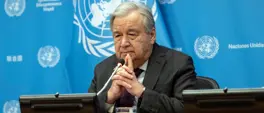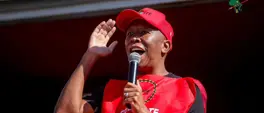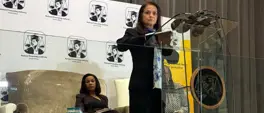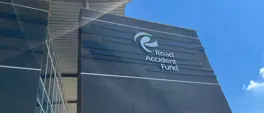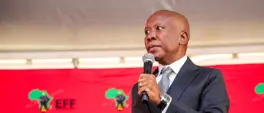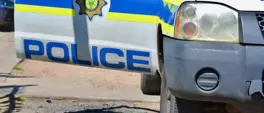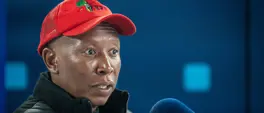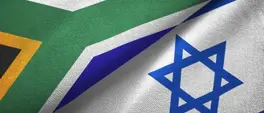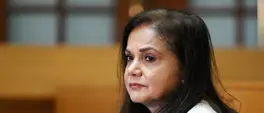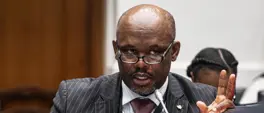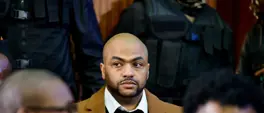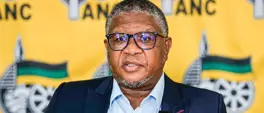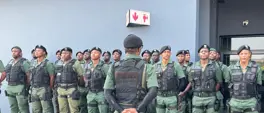First-ever Trilingual Dictionary of Kaaps is ready! Can YOU help to get it to print?
Tasleem Gierdien
1 August 2025 | 7:29The Centre for Multilingualism and Diversities Research (CMDR) at the University of the Western Cape (UWC) launched the Trilingual Dictionary of Kaaps (TDK) project in 2021. Here's how you can help.
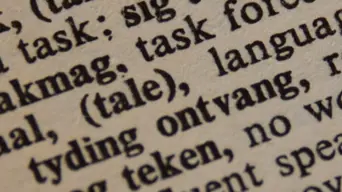
CapeTalk's Lester Kiewit speaks to Professor Quentin Williams, Director of the Centre for Multilingualism and Diversities Research (CMDR) and Full Professor of Linguistics in the Linguistics Department at the University of the Western Cape.
Listen below:
The Centre for Multilingualism and Diversities Research (CMDR) at the University of the Western Cape (UWC) and Heal the Hood Project launched the Trilingual Dictionary of Kaaps (TDK) project on 26 July 2021.
Kaaps, also known as Afrikaaps, is a West Germanic African language that evolved in the Western Cape province of South Africa.
The TDK is a descriptive corpus project that will develop the first dictionary of Kaaps, which might include words like 'hana-hana' (to delay or take your time), 'dinges', 'mos', and 'hos'; the quintessential 'sound of Cape Town'.
The project is funded by the Western Cape Department of Cultural Affairs and Sport (DCAS) and the Centre for Language, Race, and Ethnicity at the University of California, Los Angeles (UCLA) in the United States.
The project aims to transform prevailing negative attitudes and perceptions of Kaaps and its speakers by producing an educational resource that will support social and academic literacy practices in the education, religious, cultural, political and economic spheres of our democratic society.
The specific goals are four-fold: to shed further light on the historical roots of Kaaps; to contribute to current debates about the unification of the writing system of Kaaps; to document the use of Kaaps across all relevant modalities, platforms, genres, practices, performances, interactions and linguistic landscapes; and, to describe the lived linguistic experiences of speakers of Kaaps.
Williams explains that a Trilingual Dictionary of Kaaps is necessary 'to achieve linguistic justice'.
"To achieve linguistic justice for the colonial and apartheid wrongs that have been done to Kaaps speakers and to serve a generation who asked, 'When are we going to codify Kaaps so we can move Kaaps into what we know as controlling coding domains, that is, education, banks, journalism? When will our kids be able to learn or be trained as journalists in Kaaps?'"
- Professor Quentin Williams, Centre for Multilingualism and Diversities Research - UWC
To bring the Trilingual Dictionary of Kaaps into existence and into the hands of those who will benefit from it, help from the public in the form of donations is needed to print the dictionaries.
Contact: dwkaaps.ac.za via email to get in contact with Williams.
You can also read more about this project here.
"There are young children on the Cape Flats and at schools who need our help to put this dictionary in their hands across the Cape Flats and beyond. They need to understand that what they are writing and what they see as error is not error but rule-bound... we want to put it in schools and libraries so these kids can see that here is our language in a controlling domain."
- Professor Quentin Williams, Centre for Multilingualism and Diversities Research - UWC
Scroll up to the audio player to listen the full conversation.
